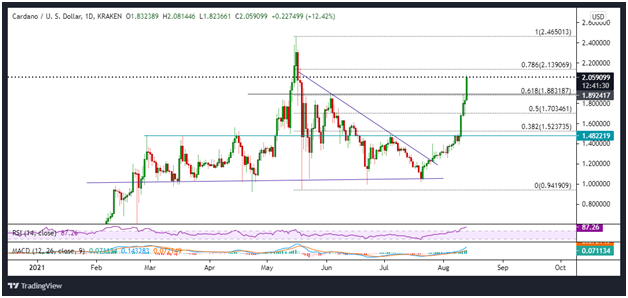[ad_1]
The Slovenian News Agency (STA) reported news of a new proposal from the Financial Administration of the Republic of Slovenia, or FURS, which wants increase crypto regulation and make this market more controllable.
Slovenia, a growing country
Slovenia, although small, is one of the fastest growing countries in Europe, especially in the financial and crypto sectors.
In this regard, it is important to mention that Slovenia is the country with highest per capita market capitalization of blockchain projects, with an average of 14.5 blockchain companies per million inhabitants.
In addition, the capital Ljubljana has several Bitcoin ATMs and several merchants who claim to accept Bitcoin or other cryptocurrencies.
Changing crypto regulations in Slovenia
FURS proposed to change the way cryptocurrency income is taxed so that a 10% tax rate is imposed when digital currency is spent on goods or exchanged for money.
The Slovenian Revenue Agency intends to implement the new tax regime through the adoption of legislative amendments, and this measure, according to the analysis carried out, should facilitate tax reporting related to cryptocurrencies.
Indeed, the tax administration, thanks to the new law, will no longer have to examine the numerous transactions carried out by a taxpayer between the purchase and the sale of digital currency.
Thanks to the digitization of the process, the authority will focus exclusively on purchasing goods and services or converting cryptocurrencies into legal currencies.
In accordance with the regulations in force in Slovenia, FURS analyzes an individual’s activity in digital resources on a case-by-case basis, which can lead to a long and inefficient administrative control process. Typically, for example, individuals have to pay taxes on capital gains from the sale of cryptocurrencies when they earn income as a business activity.
However, even under the new tax rules, a cryptocurrency investor would still have to prove losses incurred and, therefore, the process would require multiple transactions to be verified again.
In an interview published by the STA, representatives of the tax administration said:
“We would like to stress that it is not the profits that would be taxed but rather the amount that a Slovenian tax resident receives in his bank account when transforming virtual currency into cash or when buying something. “.
[ad_2]
Source Link





